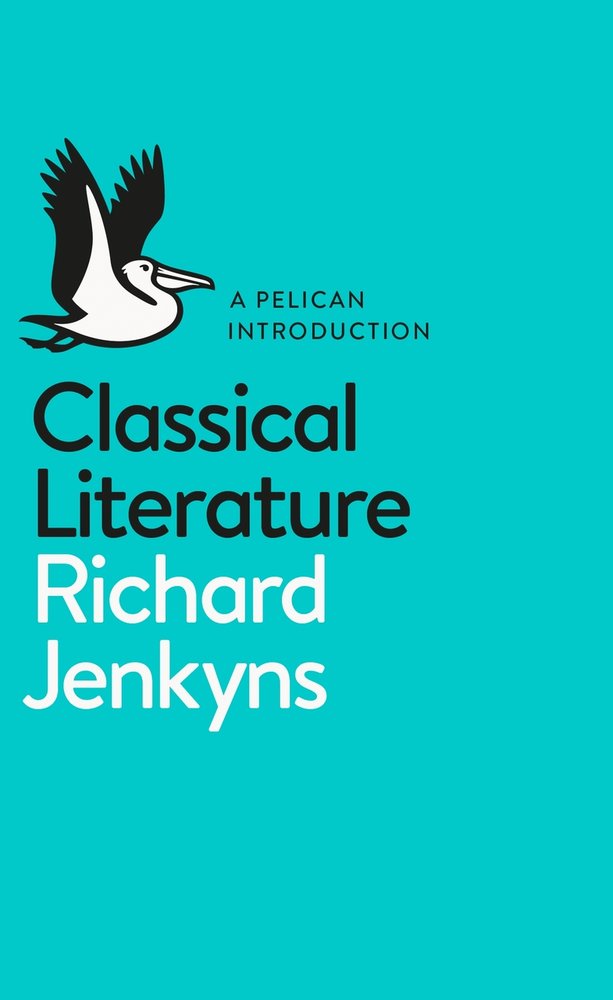Any list of the six greatest European poets would include Virgil, Aeschylus and Homer. A recent history of philosophy named Aristotle and Plato as two of the world's four greatest philosophers. The greatest historian of all is likely to be Thucydides. Why was Ancient Greek and Roman literature so great?
Sweeping across a thousand years, acclaimed professor Richard Jenkyns provides a lucid and lively introduction to the foundation of all Western literature. As Jenkyns shows us, the Greeks were masters of invention - they pioneered nearly all the major literary forms, including epic poetry, tragedy, comedy, and history. The Romans, like us, already felt in the shadow of Greek literature, and, as Jenkyn puts it, they first invented imitation.
In short, engaging chapters, Jenkyns illuminates the most enduring and influential works of the classical world, from the Homeric epics to the golden age of Latin poetry, and explores their unparalleled and continuing influence on Western literature.


